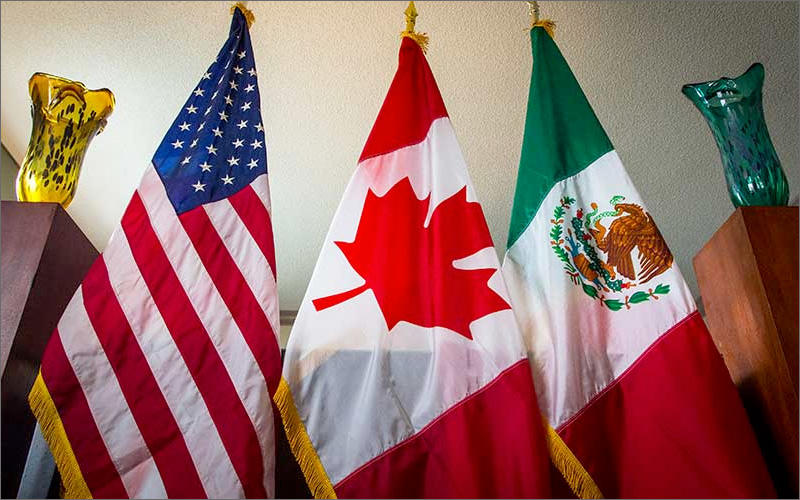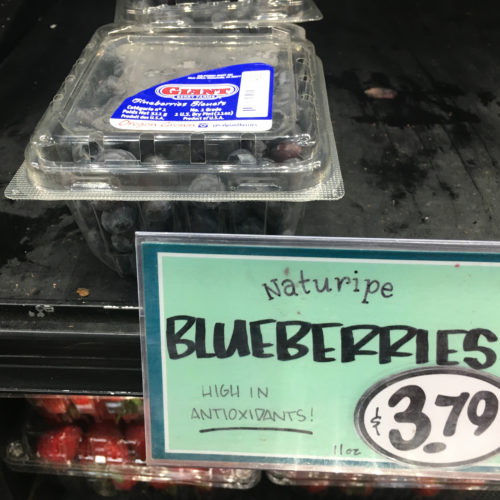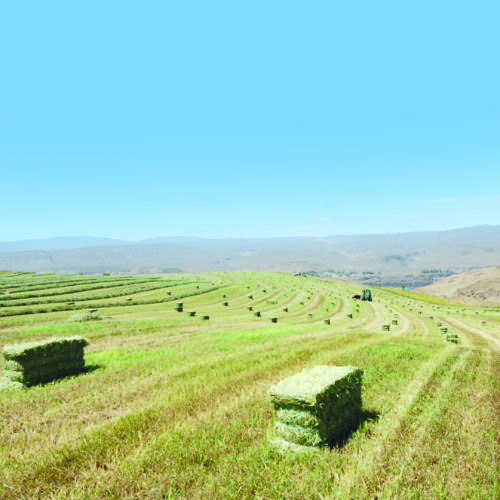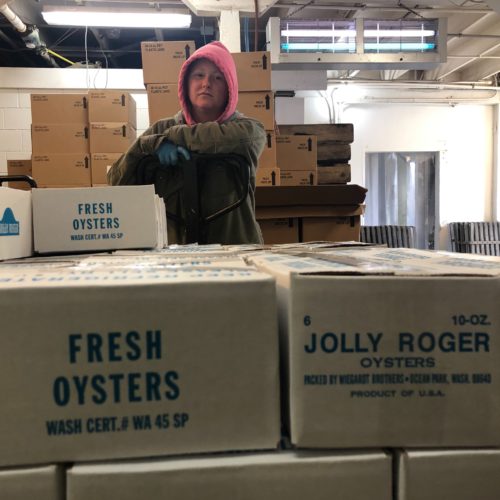
Renegotiating NAFTA Proving Harder Than It Sounds As Outlook ‘Changes With The Wind’
Listen
Policymakers, academics and regional industry leaders from the U.S. and western Canada are getting together in Spokane Monday to get an update on ongoing talks to renegotiate the North American Free Trade Agreement. So far, top U.S., Canadian and Mexican officials have missed numerous self-imposed deadlines to reach a deal.
A bi-national policy forum called the Pacific NorthWest Economic Region is hosting several panels about NAFTA modernization. One of the presenters is Laurie Trautman, director of the Border Policy Research Institute at Western Washington University.
“It’s hard to know where things are going,” she said. “It changes with the wind and it makes it really hard to predict what might happen.”
Trautman said she’s ultimately “positive” because of lower-level collaborations to align regulations and make the northern border function better.
“There’s been a lot of good work done,” Trautman said in an interview Friday. “Even though right now we do find ourselves in a trying political climate, I think that the good work that has been done will continue and perhaps even become strengthened given the fact that we do have to work a little harder now to make this relationship function well.”
Lots of Northwest industries have something at stake as the Trump administration follows through on the president’s pledge to renegotiate and improve NAFTA—or dump it. Christmas tree farmers in Oregon are concerned about maintaining export market access to Mexico. Washington winemakers are hoping for greater access to the British Columbia market. The aerospace and livestock sectors have integrated supply chains that span North American borders. And Northwest fruit growers have taken the stance that any deal should “do no harm.”
The U.S., Canada and Mexico are scheduled to hold separate talks next week to see if they can rekindle momentum in the currently stalled negotiations.
In a statement Friday, Canadian Minister of Foreign Affairs Chrystia Freeland said she would fly to Mexico on July 25 accompanied by Finance Minister Bill Morneau and newly appointed Minister of International Trade Diversification Jim Carr. The three cabinet ministers plan to meet with outgoing Mexican President Enrique Pena Nieto as well as president-elect Andres Manuel Lopez Obrador and his team.
“Ties between Canada and Mexico have never been stronger,” Freeland said in a prepared statement.
Meanwhile, Mexico’s Economy Secretary and chief trade negotiator Ildefonso Guarjardo is scheduled to meet in Washington, D.C., on July 25 with U.S. Trade Representative Robert Lighthizer. The Wall Street Journal reported the pair wants to tackle NAFTA modernization sticking points such as rules for domestic content in auto making and mechanisms to resolve cross-border commercial disputes.
The current NAFTA treaty entered into force at the beginning of 1994.
Related Stories:

How Imports Are Squeezing The Big U.S. (And Northwest) Blueberry Business
“Now basically, we have Mexican fruit coming in from March all the way to June. We start getting Peruvian fruit come August,” says Rob Dhaliwal, a blueberry grower from Lynden, Washington. “Even in July. Then we start getting fruit from British Columbia. So there is a good 10 months of foreign product coming into the country.”

I Said Hay, What’s Going On? Supply Chain Breakdown Hurting Big Northwest Ag Exports
An unprecedented number of ships have canceled their calls to the ports of Seattle and Tacoma. So far this year, there have been 32 canceled international sailings since January 1. That has created the shortage of shipping containers at those Northwest ports.

Ah, Shuck: Oysters, Cherries, Other Northwest Ag Products Back Up As Coronavirus Quarantines Trade
Right now, all sorts of products aren’t reaching the U.S. because of the coronavirus outbreak that originated in Wuhan, China. Reciprocally, many U.S. agricultural and forestry products aren’t shipping back into China and other Pacific Rim countries. Global trade watchers say backed-up trade is building up on both sides of the Pacific Ocean.















